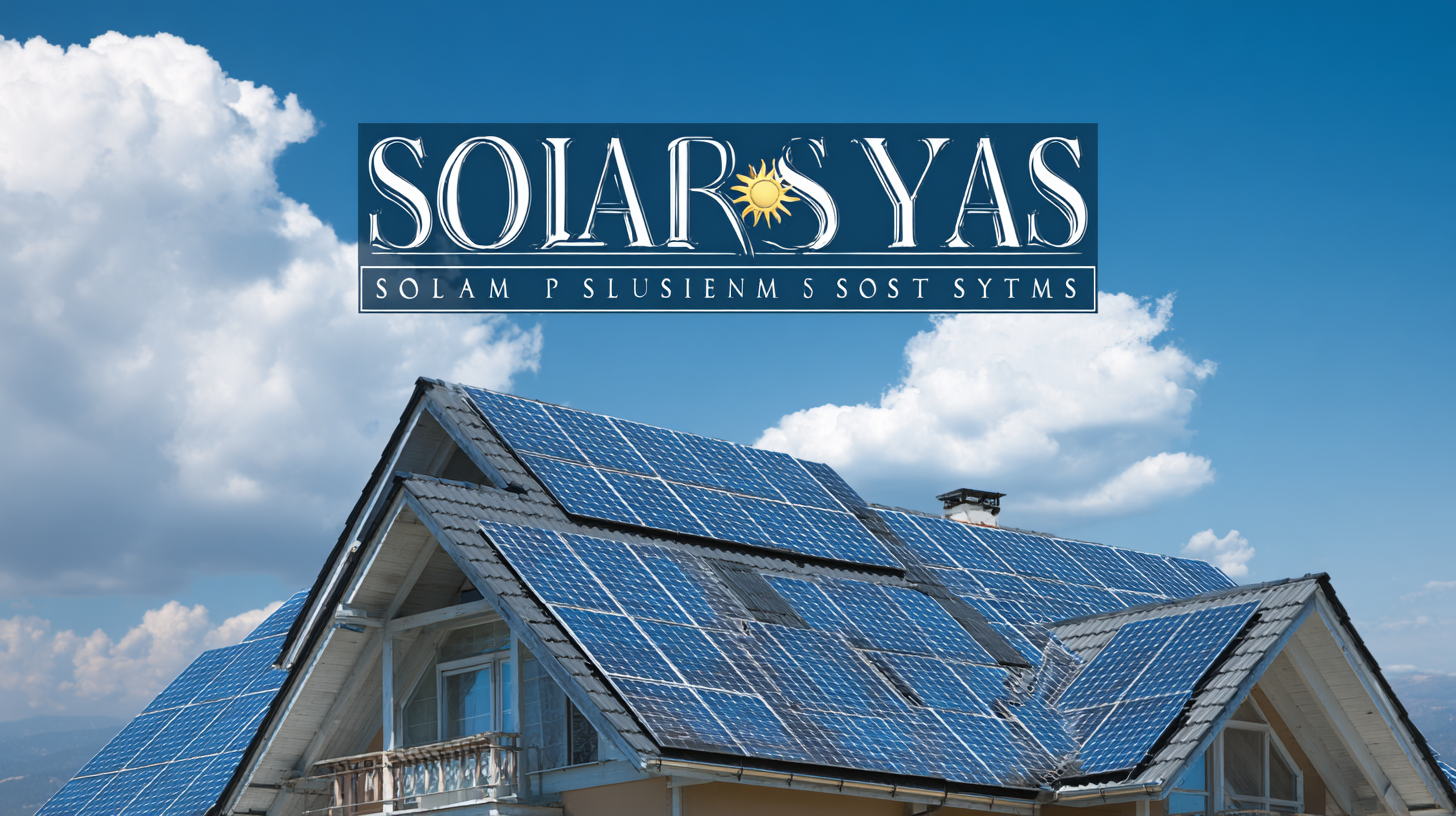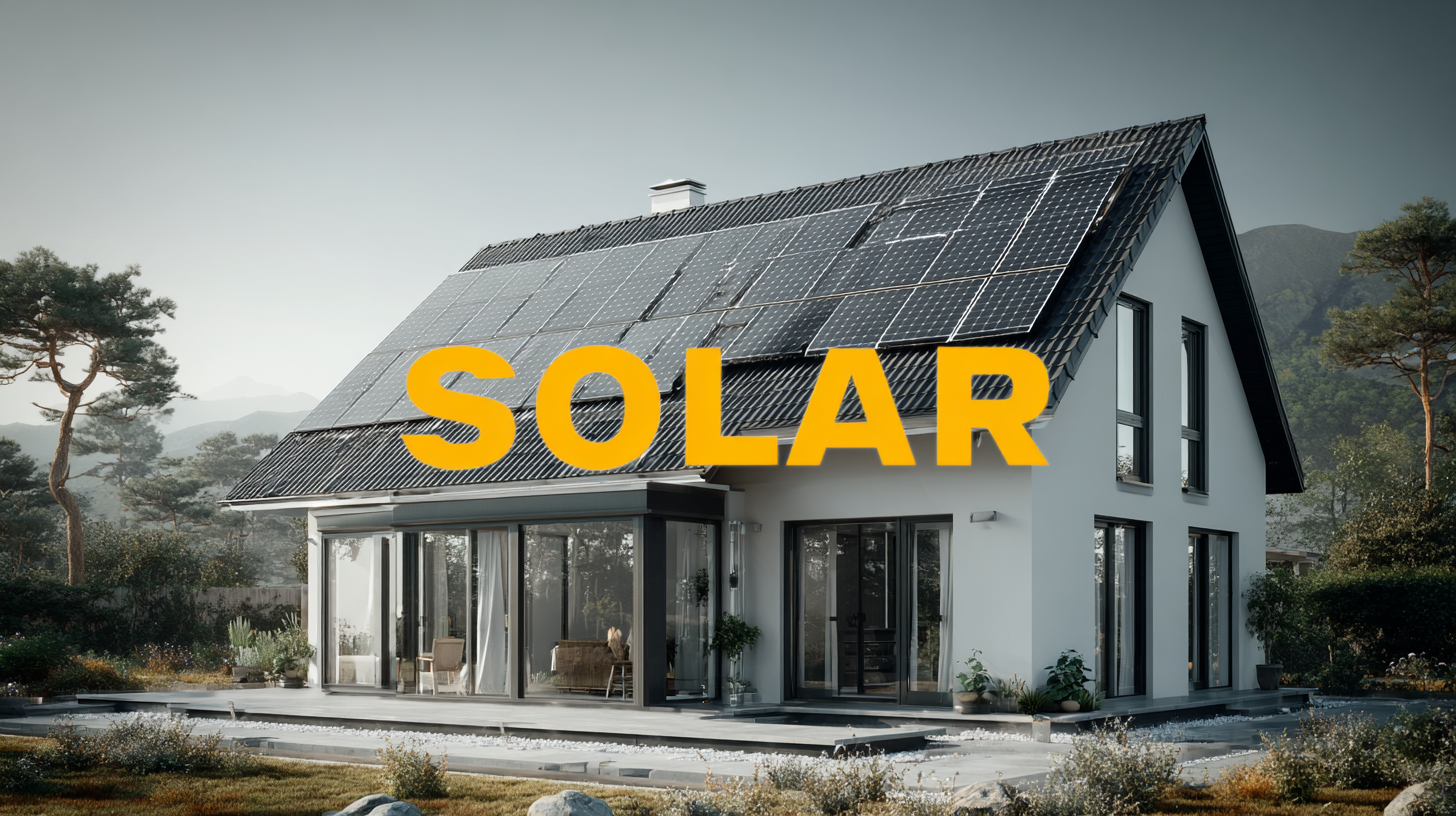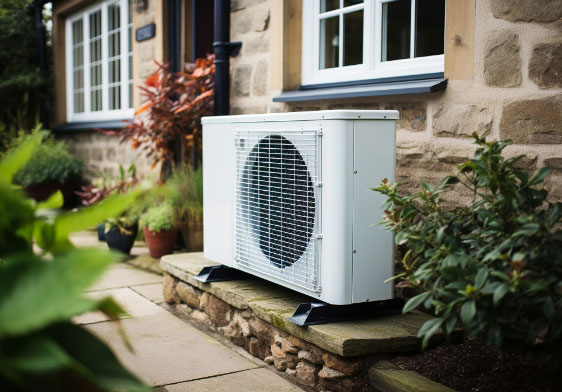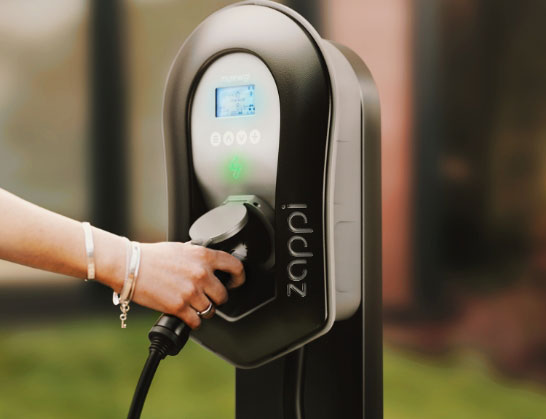How to Choose the Perfect Solar Panel System for Your Home Needs
As homeowners increasingly seek sustainable energy solutions, selecting the right solar panel system for house needs has become a critical decision. According to the Solar Energy Industries Association (SEIA), the residential solar market has grown by over 20% annually, highlighting a rising trend towards clean energy adoption. Additionally, a report by the Department of Energy states that the average homeowner can save more than $30,000 over 20 years by investing in a solar panel system. However, with a variety of options available, choosing the perfect system tailored to specific energy requirements, budget, and geographical location can be daunting. This blog will explore the benefits of different types of solar panel systems, guiding you through the evaluation process to help you find the ideal solution for harnessing solar energy effectively and efficiently.

Understanding Your Home's Energy Needs and Solar Potential
 When considering how to choose the perfect solar panel system for your home, understanding your energy needs is crucial. Every household has its own electricity consumption patterns that will dictate the type of solar system required. Start by analyzing your energy bills to determine average usage and peak seasons. This analysis will help in selecting a system that not only meets your daily needs but also accounts for future expansion and energy efficiency improvements. For instance, households in areas close to AI data centers may see an increased need for robust solar solutions, as these facilities can distort local power supply levels.
When considering how to choose the perfect solar panel system for your home, understanding your energy needs is crucial. Every household has its own electricity consumption patterns that will dictate the type of solar system required. Start by analyzing your energy bills to determine average usage and peak seasons. This analysis will help in selecting a system that not only meets your daily needs but also accounts for future expansion and energy efficiency improvements. For instance, households in areas close to AI data centers may see an increased need for robust solar solutions, as these facilities can distort local power supply levels.
In addition to energy needs, assessing your home’s solar potential is essential. Factors such as geographic location, roof orientation, and local climate play a significant role in determining how much sunlight your solar panels will receive. For example, countries like Kenya, with abundant sunlight, are increasingly embracing solar solutions to address energy demands. Similarly, recent initiatives in regions like Ontario are pushing for enhanced energy efficiency, highlighting the need for adaptable systems that can respond to both changing climates and technological advancements. Incorporating a battery backup system may also be wise, ensuring you have a reliable power source during outages or storms, further complementing your solar strategy.
Key Factors to Consider When Choosing a Solar Panel System
When choosing the perfect solar panel system for your home, several key factors should be carefully considered. The market for residential solar energy is evolving, driven by trends such as solar leasing and power purchase agreements (PPAs). These options are making solar energy more accessible, allowing homeowners to benefit from solar power without the immediate financial burden of purchasing a system outright.
One essential tip is to assess your energy needs accurately. Calculate your typical energy consumption to ensure that the solar panel system you select can meet your demands. Additionally, it’s vital to consider the type of solar panels that best suit your situation, whether they are photovoltaic panels for energy generation or solar thermal panels for heating.

Lastly, evaluate the installation options available. Both grid-tied and off-grid systems have unique advantages, depending on your living situation and preferences. Ensure you choose a reliable installer who understands the latest market trends, as the solar photovoltaic market is expected to witness significant growth, highlighting the importance of professional guidance.
Evaluating Different Types of Solar Panels for Optimal Performance
When selecting the ideal solar panel system for your home, evaluating the various types of solar panels is crucial for ensuring optimal performance. The primary types of solar panels available on the market include monocrystalline, polycrystalline, and thin-film solar panels. According to the National Renewable Energy Laboratory (NREL), monocrystalline panels tend to offer the highest efficiency rates, averaging around 20-25%. This is particularly significant for homeowners with limited roof space, as these panels generate more electricity per square meter compared to their counterparts.
On the other hand, polycrystalline panels, while generally less efficient at about 15-20%, can be more cost-effective, making them an attractive option for those with more space or tighter budgets. The U.S. Department of Energy (DOE) reports that thin-film panels, although less efficient (around 10-13%), are lightweight and flexible, offering unique installation possibilities. Homeowners should also consider factors such as climate, roof orientation, and local utility rates, as these variables can impact the performance and return on investment of different solar panel types over their lifespan, which can exceed 25 years. Selecting the right type based on these considerations will lead to a more effective solar energy solution for your home.
The Importance of Quality Manufacturing in Solar Panel Selection
When choosing a solar panel system for your home, one of the most critical factors to consider is the quality of manufacturing. According to the National Renewable Energy Laboratory (NREL), solar panels from reputable manufacturers can have efficiency rates between 15% and 22%. This significant difference highlights the impact of quality on energy production. Higher efficiency panels not only generate more electricity but also tend to have longer lifespans, making them a smarter long-term investment.
In addition to efficiency, the manufacturing quality directly influences a panel’s durability and warranty. A recent report from the Institute for Solar Innovation stated that panels manufactured with superior materials can withstand extreme weather conditions better, resulting in lower failure rates. For instance, panels from leading manufacturers like SunPower and LG often come with warranties spanning 25 years, assuring consumers of their reliability. Investing in high-quality solar panels means you are less likely to incur replacement costs down the line, further underscoring the importance of selecting products from trusted brands in the industry.
Solar Panel System Efficiency by Type
This chart illustrates the efficiency of different types of solar panels commonly used in residential setups, highlighting the importance of quality manufacturing in their performance.
Tips for Maximizing Your Solar Investment and Energy Savings
When selecting a solar panel system for your home, understanding how to maximize your investment and energy savings is crucial. Start by assessing your energy consumption patterns. Review your past electricity bills to identify peak usage times and seasonal variations. This data will help you determine the size and capacity of the solar system that meets your needs without overspending. Additionally, consider your roof's orientation and shading. A south-facing roof with minimal obstructions can significantly enhance system efficiency, resulting in greater energy production and decreased electricity costs.
Furthermore, take advantage of available incentives and financing options. Many regions offer tax credits, rebates, or favorable loan programs that can substantially lower your initial investment. Explore solar leasing options or power purchase agreements (PPAs) if upfront costs are a concern. Once your system is installed, regular maintenance checks and monitoring can ensure optimal performance over time, enhancing energy savings. Utilizing smart home technology, such as energy management systems, can further aid in tracking usage and maximizing the benefits of your solar setup. By strategically considering these factors, you can make informed decisions that lead to long-term energy savings and a remarkable return on your solar investment.
How to Choose the Perfect Solar Panel System for Your Home Needs - Tips for Maximizing Your Solar Investment and Energy Savings
| Aspect | Details |
|---|---|
| Home Energy Needs | Assess your average energy consumption in kWh to determine the system size. |
| Roof Condition | Ensure your roof is in good condition and has enough space for panels. |
| Sunlight Exposure | Evaluate how many hours of direct sunlight your location receives daily. |
| Inverter Type | Choose between string inverters, microinverters, or power optimizers based on efficiency and cost. |
| Financial Incentives | Research local tax credits, rebates, and financing options to reduce upfront costs. |
| System Maintenance | Consider ongoing maintenance requirements and potential costs. |
| Return on Investment | Calculate expected savings on energy bills versus system cost over time. |
| Energy Storage Options | Explore battery storage systems to maximize energy usage during non-sunny hours. |


